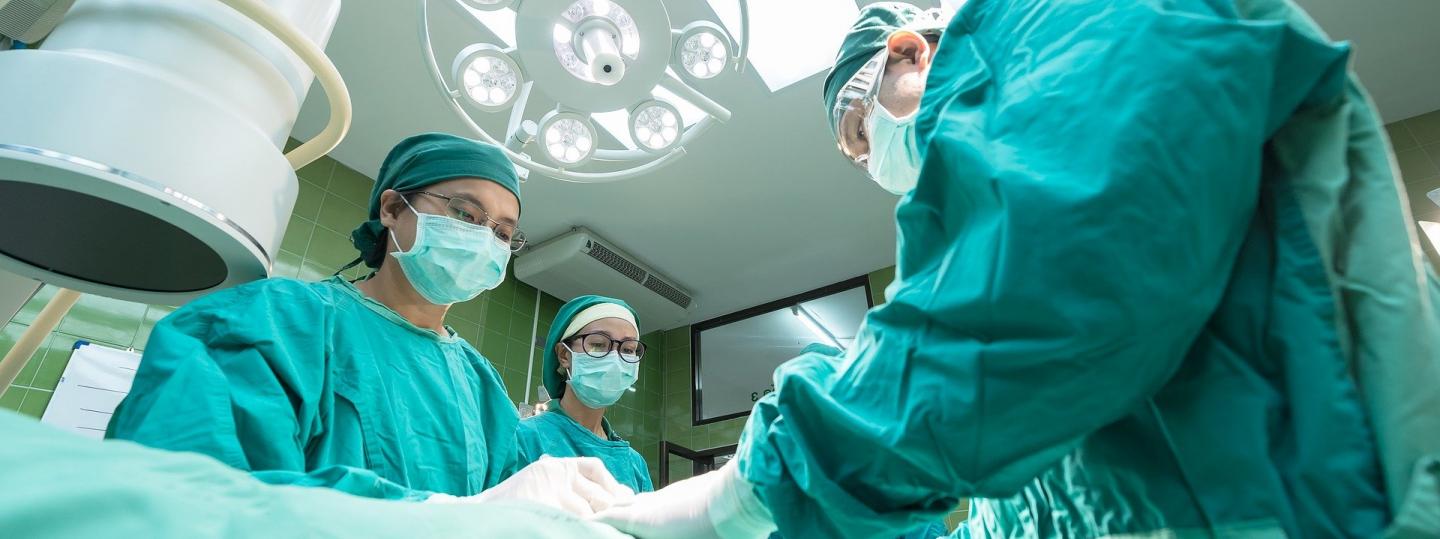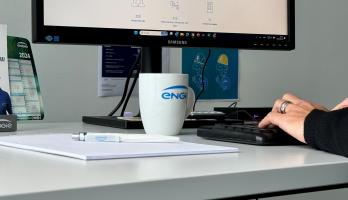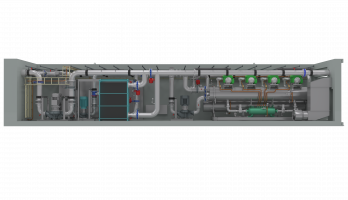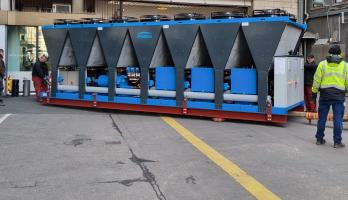
Record-breaking sustainability: refrigeration for hospitals
To run properly, every hospital needs their medical facilities’ refrigeration to be efficient. So it only makes sense that the largest chiller park in the world is currently housed at a hospital: The Liverpool Hospital in New South Wales, Australia, has been relying on sustainable refrigeration since 2018 with eight QUANTUM chillers from ENGIE Refrigeration. To find out what chillers actually do at the hospital, and what properties these chillers need, read our latest magazine article.
Chiller in the hospital – varied requirements for the refrigeration system
Refrigeration for clinics fulfils a number of important functions. On the one hand, it provides a healthy indoor climate, which is essential in helping patients heal and allowing clinic staff to work. On the other, it ensures that the optimal operating temperature for medical equipment is maintained, because such equipment often functions properly only within a specific temperature range. The chiller must reliably prevent any faults resulting from overheating. A chiller at a hospital thus produces a lot of output, but still has to run quietly so that employees and patients are not subjected to noise pollution. It is also important that refrigeration for medical institutions is low-cost, low-maintenance and climate-friendly.
Refrigeration: safety and performance are essential
This strict requirements profile for chillers for hospitals was a good reason for the Australian Liverpool Hospital to purchase the QUANTUM series from ENGIE Refrigeration. The clinic is located near Sydney. With 23 operating theatres and a large intensive care unit, it is the largest hospital in New South Wales. It also specialises in trauma care. Efficiency and reliability are highly important, not just during medical treatment but also in terms of the building technology. Since the spring of 2018, eight water-cooled QUANTUM chillers have been responsible for refrigeration. They form the world’s largest connected chiller park and achieve a refrigeration capacity of around ten megawatts. Special filters ensure the electromagnetic compatibility of the systems, protecting medical equipment from current peaks, electrical faults and outages.
Sustainable refrigeration – consistent with the principle of efficiency
Highly functional refrigeration is not only characterised by its fail-safe refrigeration, but also runs in an energy-efficient and sustainable way. The chillers at Liverpool Hospital run on the eco-friendly refrigerant R-1234ze. Refrigeration at this medical institution therefore makes a considerable contribution towards reducing the ecological footprint of the clinic. The chillers can also be operated with little maintenance. Their multiple compressor configuration makes it possible to service individual compressors during operation. The oil-free compressor technology with magnetic bearing is also not very liable to wear. As a result, sustainable refrigeration goes hand in hand with lower maintenance and running costs.
QUANTUM series: efficient and sustainable refrigeration in clinics worldwide
Around the globe, more than 200 clinics already benefit from powerful and sustainable refrigeration provided by ENGIE Refrigeration. Chillers from ENGIE Refrigeration protect rooms and medical equipment efficiently from overheating and thus ensure that the hospital can operate smoothly.









